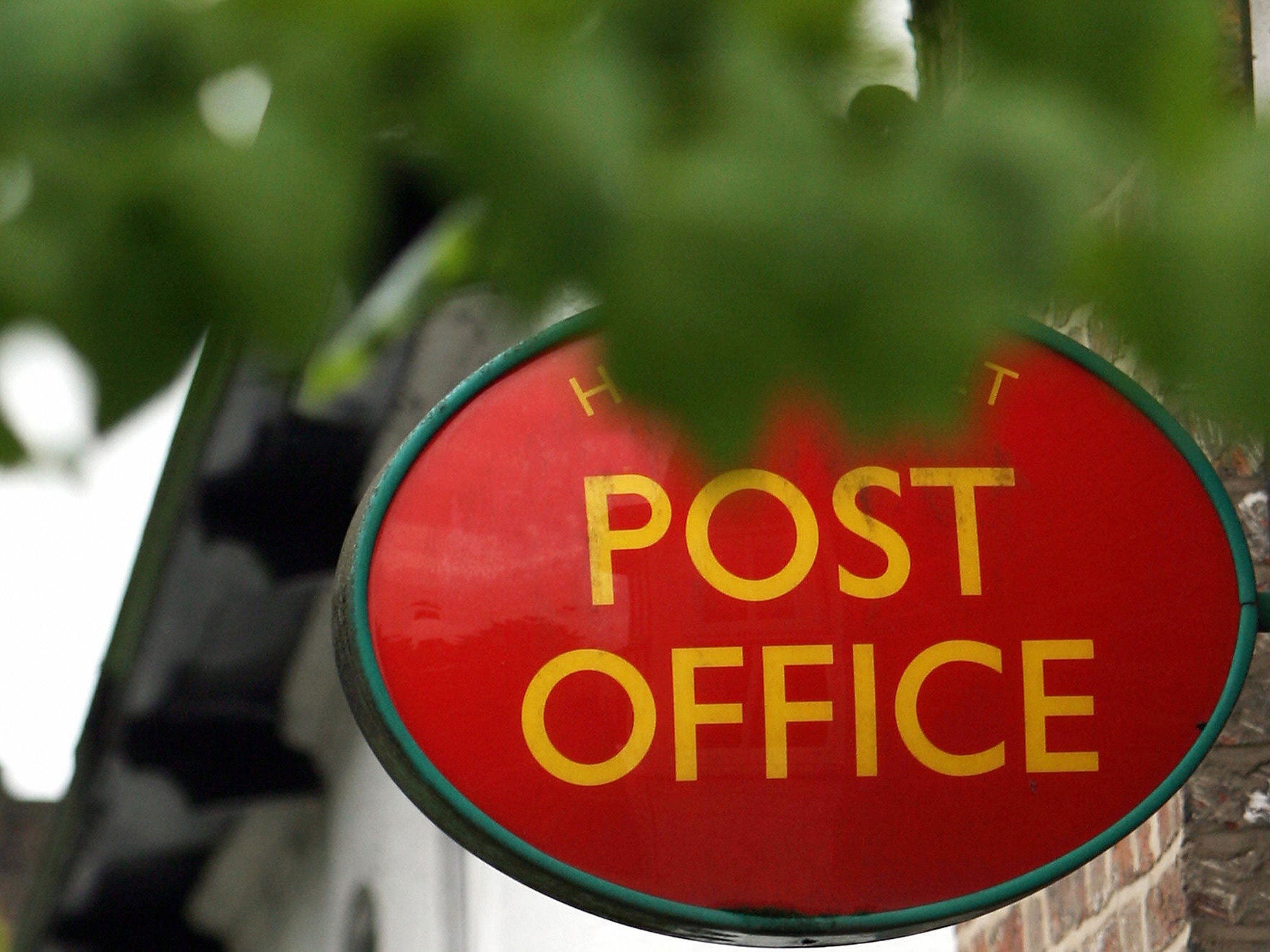Royal Mail: How do I buy shares?
George Osborne has said the government will sell off its remaining 30 per cent stake in Royal Mail, totally privatising the company

George Osborne has said the government will sell off its remaining 30 per cent stake in Royal Mail, taking the company completely private.
Those with good memories will recall that when Royal Mail initially floated on the stock market in October 2013, their value lept. Sold for just 330p – then considered to be top of the range – they climbed to over 600p a share at their peak, leading to some hand-wringing over how the valuation could have been so wrong.
While the remaining shares are likely to be valued with the benefit of this knowledge, history shows that Royal Mail is a sound investment.
So how do you take part?
Choose a stockbroker
If you want to trade shares, you must do so through a stoke broker. This can either be an established city name or the stock-broking division of one the big banks or building societies. Within this, depending on your experience, you can get a stock broker that will simply execute the trade, or one who can advise on and even manage the shares for you.
Which? has a list of UK stockbrokers ranked by cost.
Set up a nominee account
The stockbroker will help you choose an account before you start dealing shares – this is held in the broker’s name. As soon as you put money in the account you can start trading. The stockbroker will usually charge a commission, which will depend on the size of the trade.
Other fees
You may have to pay account fees to your stockbroker. When you buy shares you will have to pay stamp duty to the government, which is currently 0.5 per cent.
What your shares mean
Your share means you now technically own a part of Royal Mail. You can make money from this from share price growth, if you sell and make a profit. If the company is doing well you will also get a dividend, which is calculated as a proportion of a company’s earnings.
Subscribe to Independent Premium to bookmark this article
Want to bookmark your favourite articles and stories to read or reference later? Start your Independent Premium subscription today.

Join our commenting forum
Join thought-provoking conversations, follow other Independent readers and see their replies